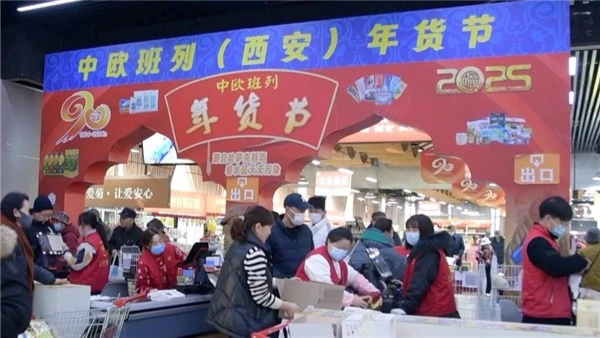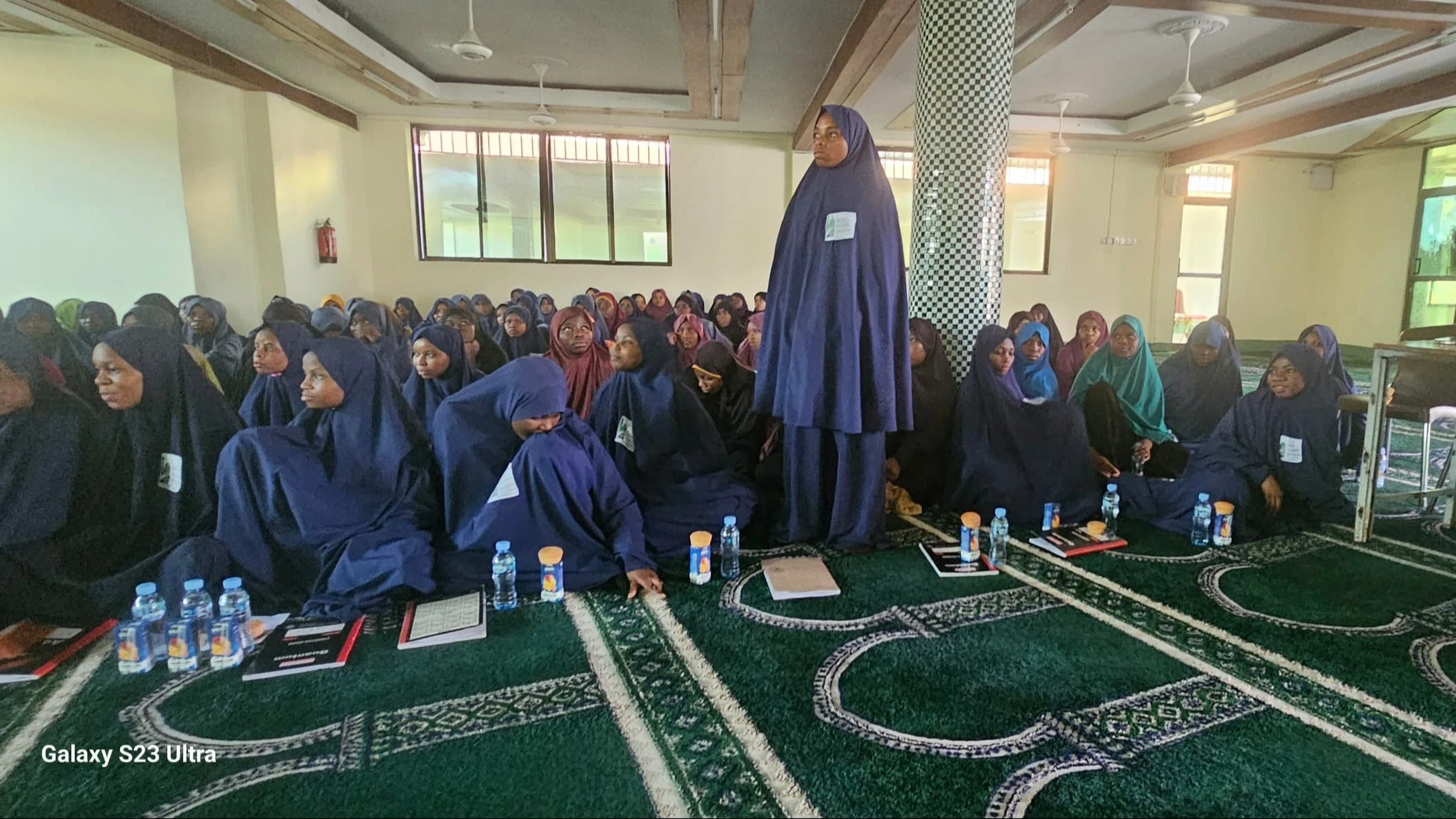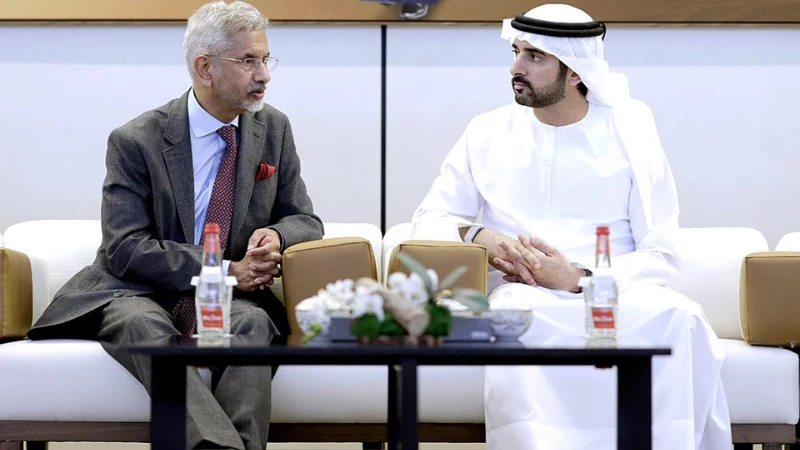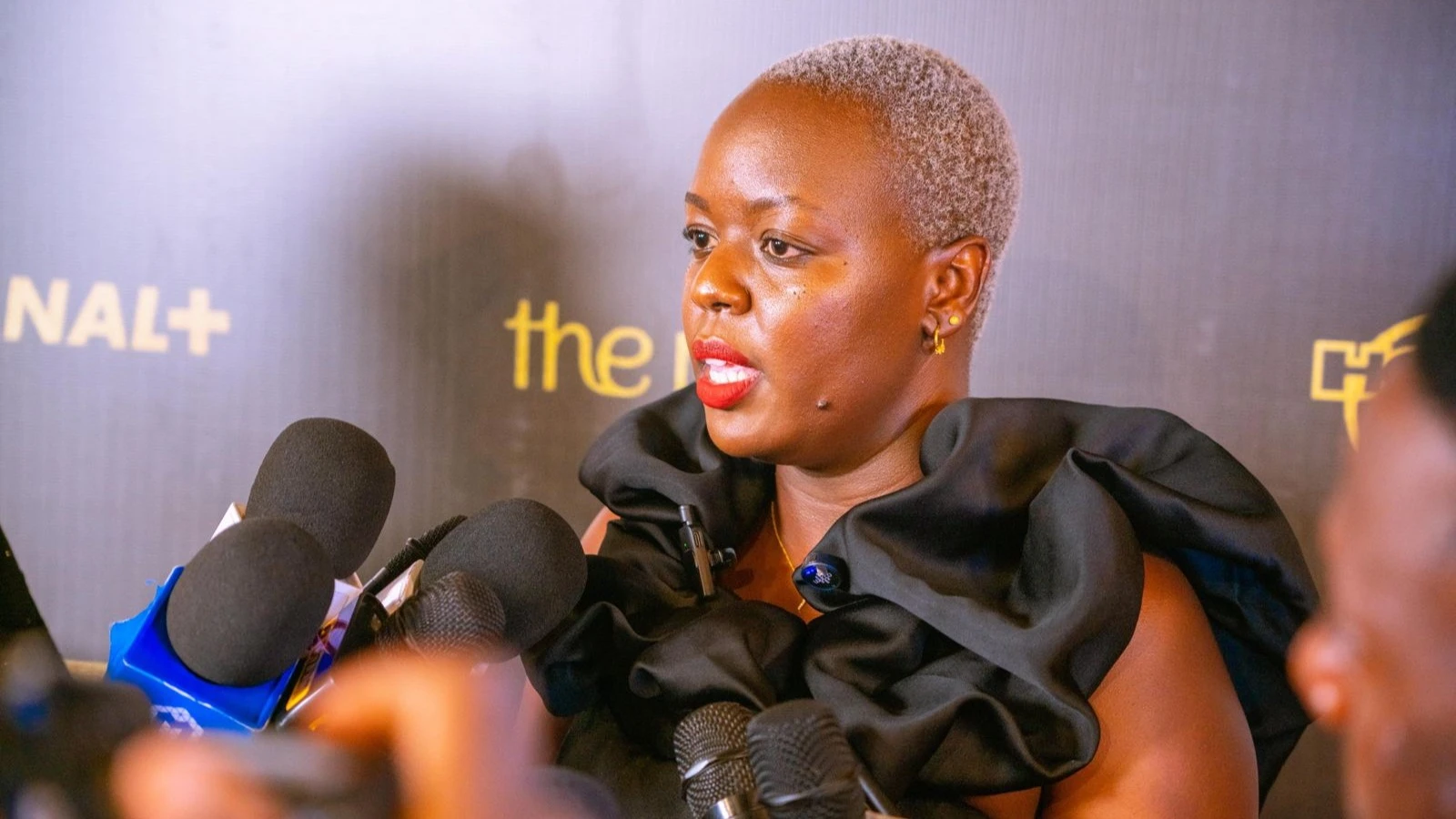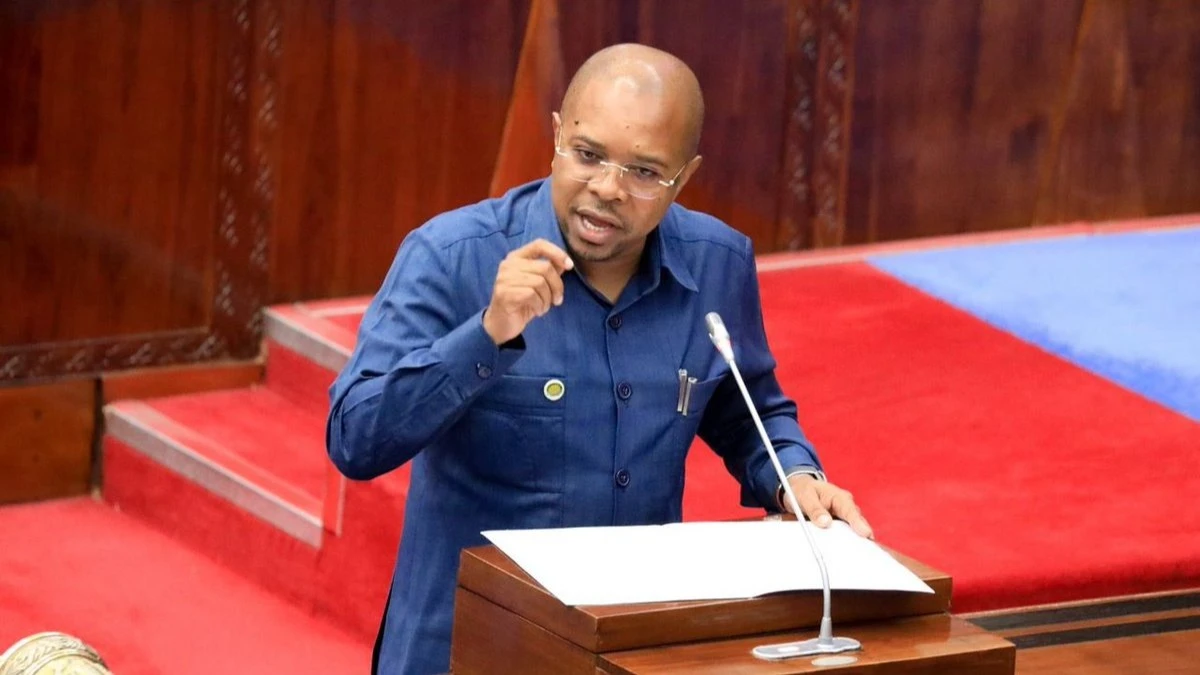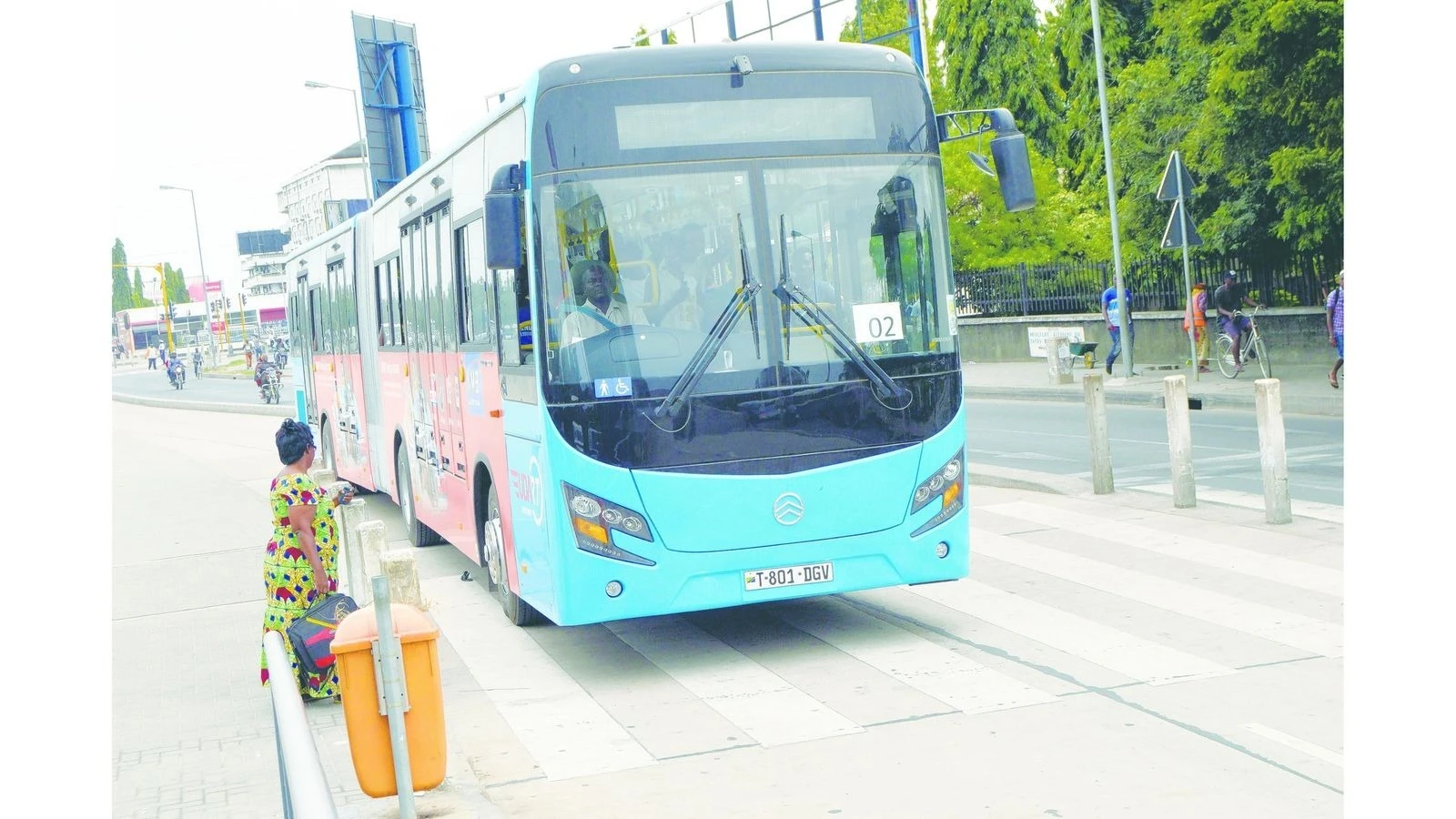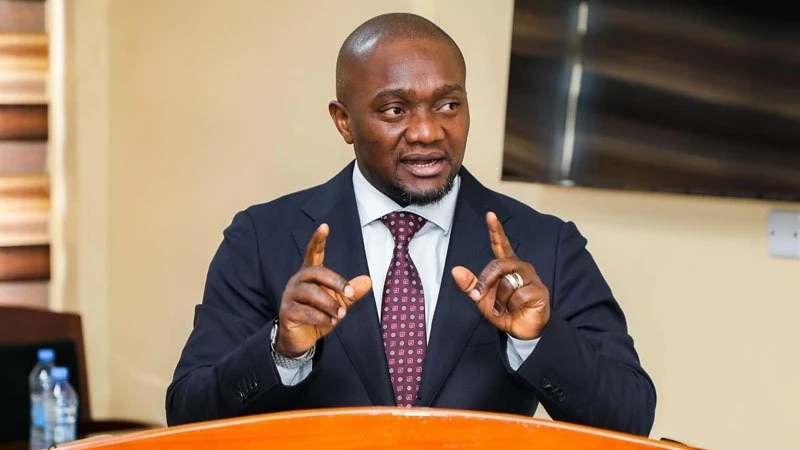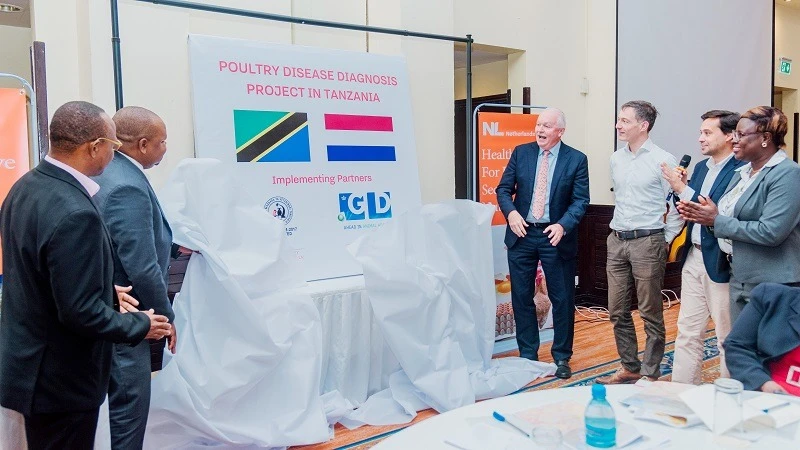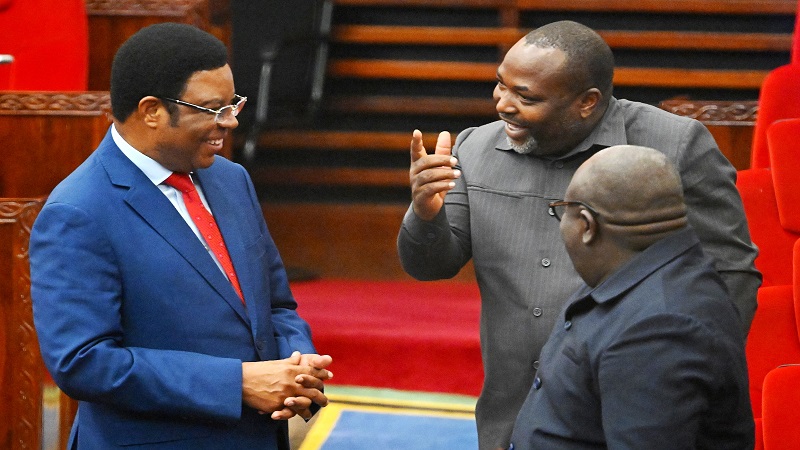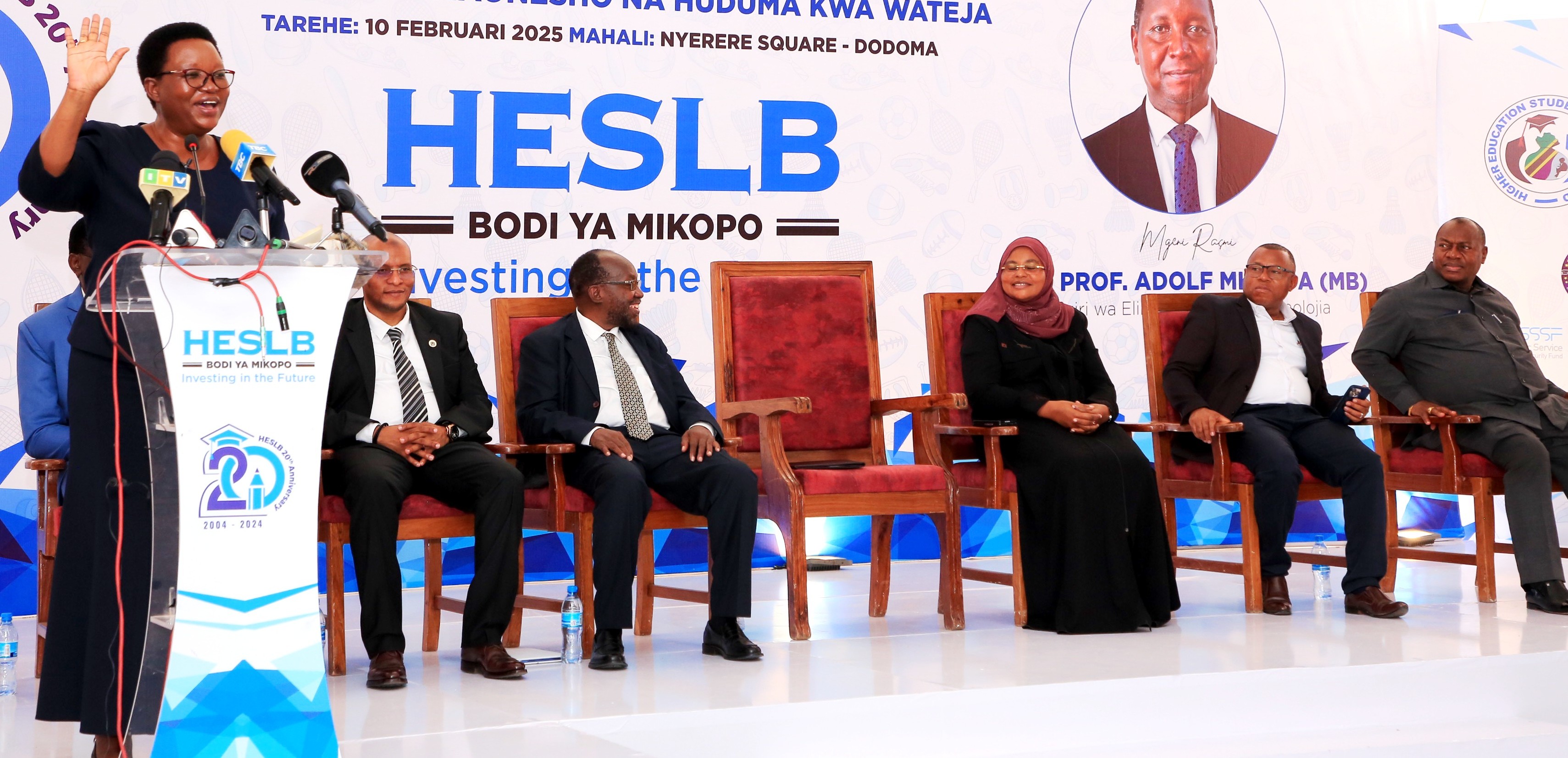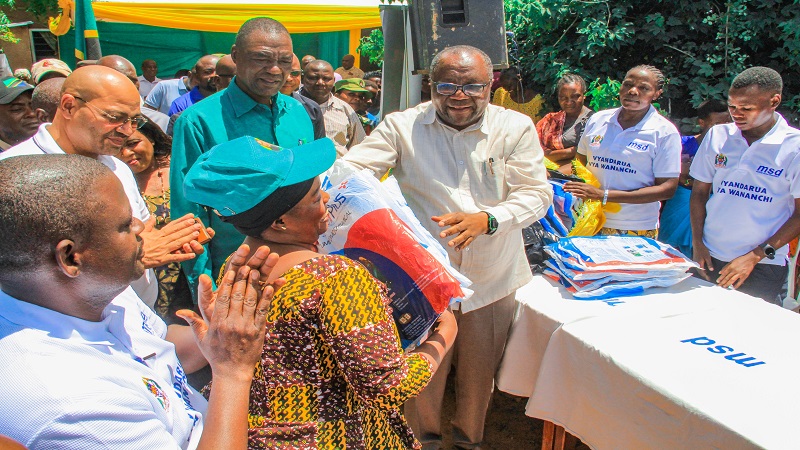Amidst Gaza ceasefire, India revives diplomatic outreach for economic corridor with West Asia and Europe
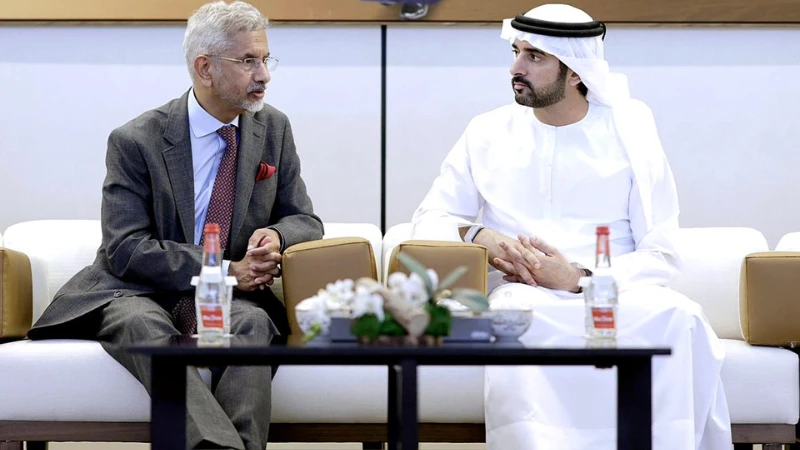
With a third round of hostage and prisoner exchanges completed and signs that the Israel-Gaza ceasefire is still holding, reviving talks on the India-Middle East-Europe Economic Corridor (IMEC) is back on the agenda in India’s diplomatic outreach to the region.
Sources confirmed that External Affairs Minister S. Jaishankar discussed taking forward infrastructure and trade facilitation initiatives during his visit to the United Arab Emirates this week.
He is also expected to travel to Oman in mid-February for bilateral meetings and to address the Indian Ocean Conference, being organized jointly by the Ministry of External Affairs (MEA) and the India Foundation, where he will meet with about 20 other counterparts from the region as well.
A visit by Qatari Emir Sheikh Tamim bin Hama Al-Thani is also being discussed Diplomatic blitz IMEC will feature prominently during next week’s back-to-back Delhi visits by Greece’s Foreign Minister Giorgos Gerapetritis who will hold Foreign Office consultations, and Egyptian Foreign Minister Badr Abdelatty for a strategic dialogue with Mr. Jaishankar. Mr. Abdelatty, who will visit a few weeks after the Gaza ceasefire and the re-opening of the Rafah border crossing from Egypt to Gaza, is expected to share his views on the reconstruction of Gaza during his visit to India Prime Minister Narendra Modi is also expected to discuss the IMEC project with French President Emmanuel Macron on his visit to France for the Artificial Intelligence Summit between February 10 and 12, and with new U.S. President Donald Trump during a visit to Washington that is still being planned.
Ceasefire hopes Official and diplomatic sources said that while no specific moves on the project were being discussed at present, hopes for a stable and lasting ceasefire in Gaza and the region had grown in the past few weeks. However, they conceded that it would be difficult to pick up the diplomacy over IMEC between Israel and Ara countries until there was some kind of commitment from the Netanyahu government regarding talks for a twostate solution, which seemed unlikely at present. In the interim, however, the sources said, India would keep the project on the agenda with the countries concerned.
“We remain positive about the IMEC project and we are speaking to all the stakeholders about it. This is a longterm project, and we can’t see it only in terms of one conflict,” said one official. Greek optimism The Greek government has been keen to move ahead on the project, and Greek Prime Minister Kyriakos Mitsotakis has touted IMEC as a key element of the India-Greece Strategic Partnership, suggesting that Greece could be “India’s gateway to Europe”.
The war in Gaza and turmoil in the Middle East is undoubtedly destabilising but it does not undermine the powerful logic behind IMEC. Nor should it weaken our resolve to work towards realising it,” Mr. Mitsotakis had said during a visit to Delhi in February 2024. Officials in Delhi and Athens said they expected to take the discussions on IMEC forward during Mr. Gerapetritis’s visit, expected from February 5 to 7.
The Greek Foreign Minister is one of the few leaders to have visited both Tel Aviv and Ramallah since the October 2023 attacks, and as a member of the UN Security Council this year, Greece occupies a key position on hopes to resolve the conflict. The Egyptian FM, Mr. Abdelatty, is also expected to discuss the project, although officials said the Egyptian government had been unhappy with the IMEC announcement, as they saw it as a geopolitical and commercial rival to the Suez Canal.
The IMEC launch too place just months after Egyptian President Abdel Fattah El-Sisi had travelled to India as the chief guest for Republic Day celebrations in 2023, and took the Egyptian government by surprise. However, officials feel that, over time, Cairo has come to see the “collaborative opportunities” of the project, and is now more willing to discuss its potential.
Viability concerns The IMEC project was launched o September 9, 2023 by India, France, Germany, Italy, Saudi Arabia, the United Arab Emirates, the United States, and the European Union during the G-20 Summit. It includes plans for a shipping, road, and rail route from ports in western India, taking trade to the UAE’s Ras Al Khaima, and on to Saudi Arabia, Jordan, and Israel before crossing the Mediterranean Sea to a European destination.
Questions about its viability have grown as it was virtually shelved after the October 7 attacks on Israel and the bombardment of Gaza, as well as other conflicts in West Asia, involving Iran, Yemen, Lebanon, and Syria. Although the original MoU had committed to all stakeholders meeting within 60 days or two months of the launch, India has been unable to convene the meeting in the last 16 months. “The continuity of ceasefire in Gaza and chances of it turning into a permanent one is still uncertain,” said former Ambassador Anil Trigunayat, an expert on West Asia.
“IMEC relevant countries remain invested and India and UAE and Saudi Arabia are incrementally establishing the requisite infrastructure and mechanisms. But speedier movement on several pillars of the IMEEC will follow after calm is established,” he added. Slow progress As it awaits a resolution of the Israel-Gaza conflict, New Delhi has held discussions with all the countries involved in IMEC. France appointed a special envoy for IMEC, while Indi and the UAE have set up a number of tracks to discuss possible rail and shipping projects.
“Prime Minister [Narendra Modi] laid special emphasis on the implementation of the India-Middle EastEurope Corridor (IMEC) as a histori initiative to foster regional connectivity and prosperity,” the MEA had said in a statement last year after UAE Foreign Minister Sheikh Abdullah bin Zayed Al Nahyan called on the PM during a visit to Delhi last year. AN
Top Headlines
© 2025 IPPMEDIA.COM. ALL RIGHTS RESERVED








